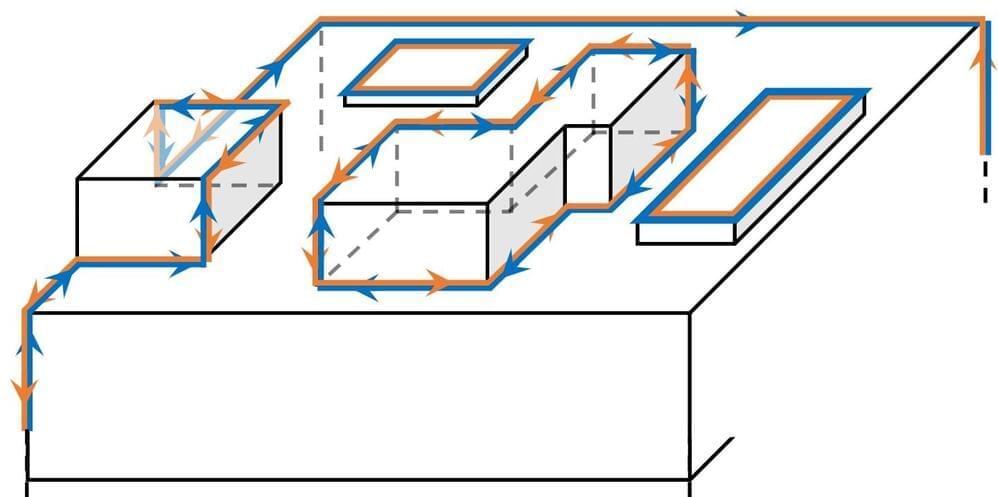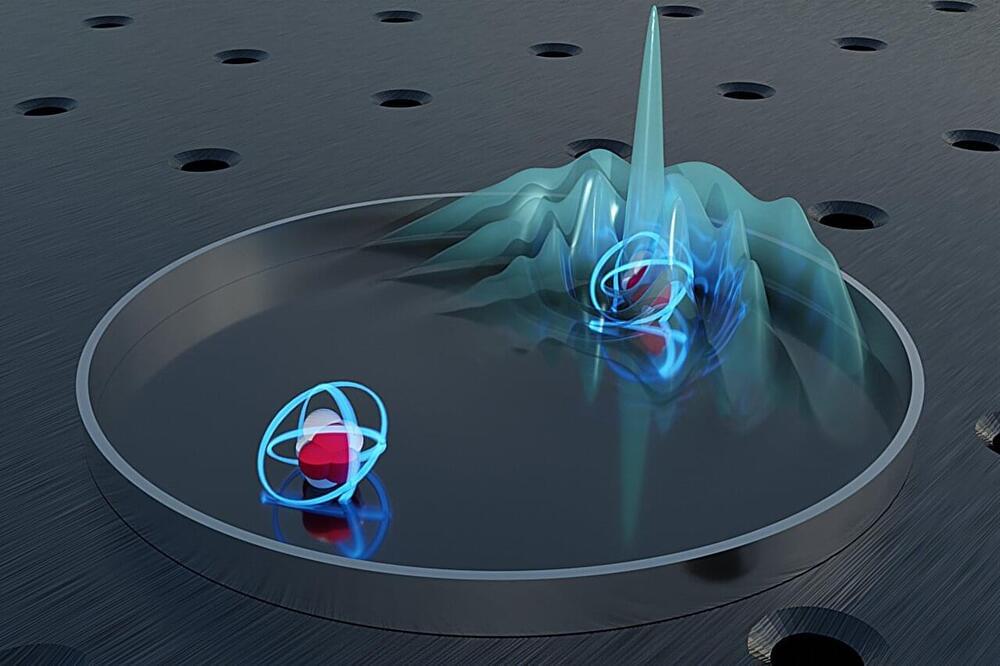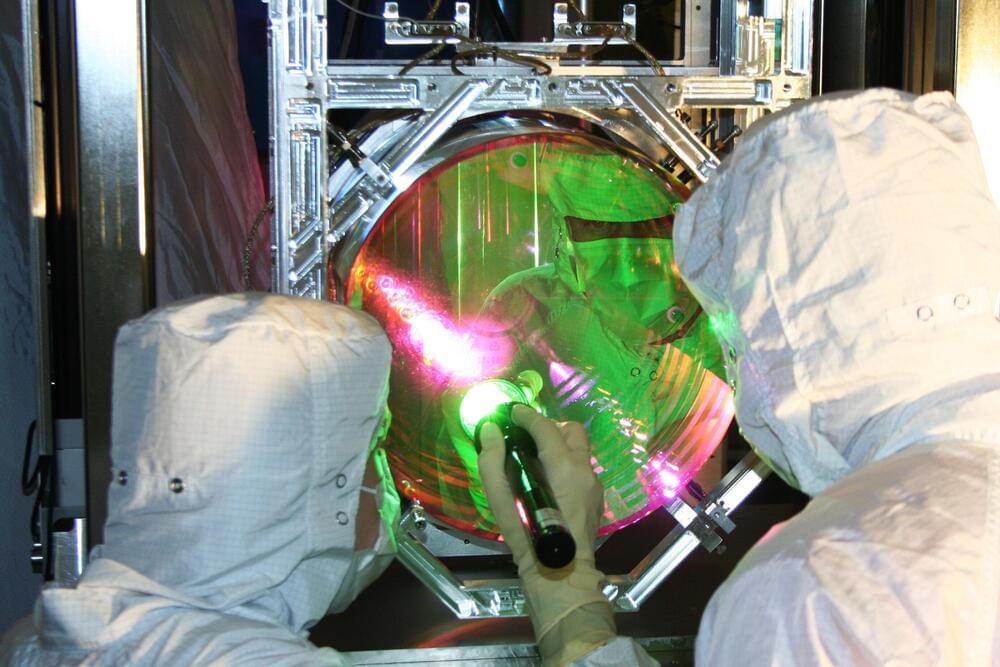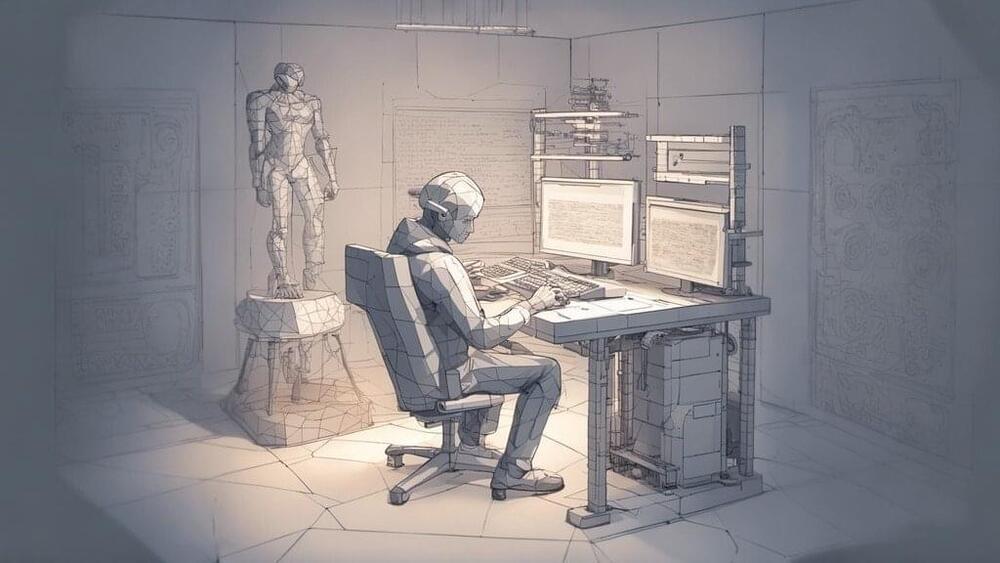These ‘Community Gateways’ promise to help internet service providers bring high-speed internet to remote areas. But the business program isn’t cheap.



Given the value of the vaccine, it’s mindboggling that some in the US would choose not to protect their children. And yet, vaccine rates among US kindergartners fell for the second consecutive year in 2022, a situation the Centers for Disease Control and Prevention said left some 250,000 kids vulnerable to measles. While some of those missed shots were potentially due to challenges accessing timely health care during the pandemic, there’s reason to worry that growing hesitancy about vaccination is also at play.
It does not help that some states are making it easier to forgo routine childhood vaccines. Mississippi, for example, previously led the nation in vaccination coverage for kindergarteners, with more than 98.6% of kids receiving both doses of their MMR shots in the 2021–2022 school year. But anti-vaccine activists succeeded in loosening the state’s childhood vaccination policy, and last year families could for the first time seek religious exemptions for basic shots like MMR, tetanus, polio and others. According to a report from NBC, the state granted more than 2,200 exemptions in the first five months they were allowed.
The shift seemingly reflects a new partisan divide. A recent Pew Research Center poll found a steep drop in the number of Republicans and people who lean Republican who don’t believe vaccines should be required for attending public school.


Just like a book can’t be judged by its cover, a material can’t always be judged by its surface. But, for an elusive conjectured class of materials, physicists have now shown that the surface previously thought to be “featureless” holds an unmistakable signature that could lead to the first definitive observation.
Higher-order topological insulators, or HOTIs, have attracted attention for their ability to conduct electricity along one-dimensional lines on their surfaces, but this property is quite difficult to experimentally distinguish from other effects. By instead studying the interiors of these materials from a different perspective, a team of physicists has identified a surface signature that is unique to HOTIs that can determine how light reflects from their surfaces.
As the team reports in the journal Nature Communications, this property could be used to experimentally confirm the existence of such topological states in real materials.

Atoms can absorb and reemit light—this is an everyday phenomenon. In most cases, however, an atom emits a light particle in all possible directions—recapturing this photon is, therefore, quite hard.
A research team from TU Wien in Vienna (Austria) has now been able to demonstrate theoretically that using a special lens, a single photon emitted by one atom can be guaranteed to be reabsorbed by a second atom. This second atom not only absorbs the photon though, but directly returns it back to the first atom. That way, the atoms pass the photon to each other with pinpoint accuracy again and again—just like in ping-pong.

Microsoft is set to introduce its Copilot AI, powered by OpenAI’s GPT-4, to keyboards on new Windows computers.

An experiment outlined by a UCL (University College London)-led team of scientists from the UK and India could test whether relatively large masses have a quantum nature, resolving the question of whether quantum mechanical description works at a much larger scale than that of particles and atoms.
Quantum theory is typically seen as describing nature at the tiniest scales, and quantum effects have not been observed in a laboratory for objects more massive than about a quintillionth of a gram, or more precisely 10-20 g.
The new experiment, described in a paper published in Physical Review Letters and involving researchers at UCL, the University of Southampton, and the Bose Institute in Kolkata, India, could, in principle, test the quantumness of an object regardless of its mass or energy.

Stability # AI announces their first Large Language Model release of 2024: Stable Code 3B. This new LLM is available for non-commercial & commercial use.
Stable Code, an upgrade from Stable Code Alpha 3B, specializes in code completion and outperforms predecessors in efficiency and multi-language support. It is compatible with standard laptops, including non-GPU models, and features capabilities like FIM and expanded context size. Trained in multiple.

Microsoft “cherry-picked” examples of its generative AI’s output after it would frequently “hallucinate” incorrect responses, Business Insider reports.
The scoop comes from leaked audio of an internal presentation on an early version of Microsoft’s Security Copilot, a ChatGPT-like AI tool designed to help cybersecurity professionals.
According to BI, the audio contains a Microsoft researcher discussing the results of “threat hunter” tests in which the AI analyzed a Windows security log for possible malicious activity.